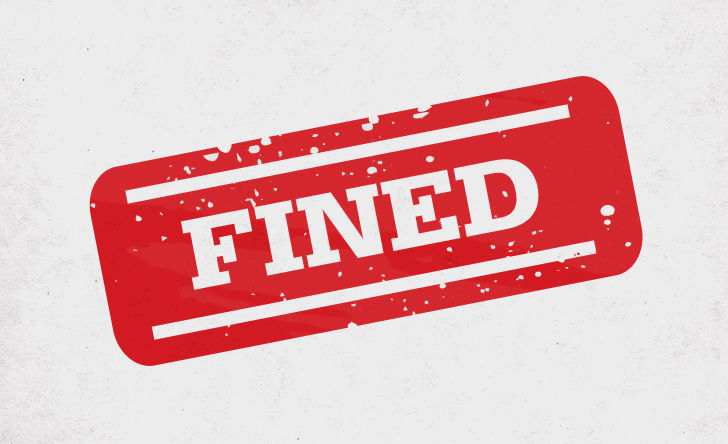The Insurance Council of British Columbia has reprimanded Evan William Powroznik, ordering the licensed agent to complete coursework after sending a coercive letter to a commercial client, claiming their actions were unethical and illegal, after the client cancelled coverage for a property abruptly, in favour of coverage with significantly smaller premiums.
Powroznik is a level two insurance agent with one agency and a level three agent for another. Licensed since June 2012, the agent was first reported to the insurance council in February 2021 by a complainant who alleged that Powroznik sent him a letter that contained inappropriate language.
The complainant had first approached the agent in mid-November 2020 for a quote for a strata consisting of two high rise buildings he managed. The existing insurance there was due to expire the next month, on December 31 that year. “According to both the licensee and AS (his supervisor), after a lot of hard work they managed to put together a quote and get the coverage in place in time to ensure that the strata remained covered. The annual premium quoted for the strata was $437,063. It is noted that during the relevant time frame, the marketplace for strata insurance was extremely distressed. It is probable that there was some difficulty obtaining a quote.”
The complainant later requested the policy be cancelled February 1, 2021 – 12 days after Powroznik sent the summary of insurance. The complainant advised the agent that the annual premium quoted by another company was $115,000.
“In an emotional frame of mind,” Powroznik wrote a letter to the former client saying the cancellation would cause significant damage to his firm’s operations and reputation. “If you proceed with this cancellation without giving us the opportunity to match an alternative quote that you have received, the intentional damage you have caused our business and reputation will be made public,” he wrote. He also threatened to reveal the “unethical and illegal action” by reporting names to regulatory bodies.
“The licensee admitted he had not conducted research to confirm the statements’ legality or accuracy,” the intended decision states. One mitigating factor in the case is the fact that Powroznik asked for feedback from his supervisor who told him to run the letter past two other agents, one of whom suggested a few changes. “To AS’s understanding, neither of the two agents gave the licensee the go-ahead,” they write. “Council has concluded that the licensee failed to engage in the usual practice of the business of insurance by sending correspondence that contained information that was not accurate and language which was unprofessional.” They continue saying clients are entitled to cancel policies and are under no obligation to let an agency match quotes. “Council noted there were other ways of addressing the situation rather than resorting to the coercive tone and inappropriate commentary within the letter.”
In addition to the coursework, Powroznik also agreed to pay the insurance council’s costs in the amount of $925.







